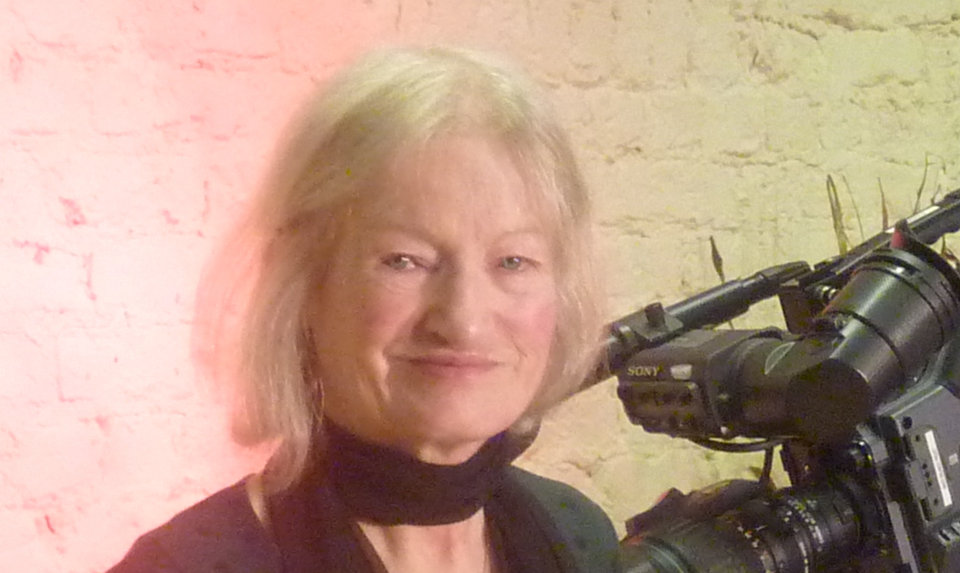Marie Breen-Smyth, Associate Dean International, University of Surrey talks to Dr Michael Patterson, Consultant Clinical Psychologist about the injuries he received while on patrol with the Royal Ulster Constabulary.
Michael joined the Royal Ulster Constabulary in 1979. Two years later in 1981 and at the age of 24, he was in an explosion whilst on patrol on the Suffolk Road.
“My first thought was, it was a blast bomb but we’re okay in here, and then I was aware of a sudden discomfort and I looked down and was aware of my right arm severed and just strands of flesh, hanging.”
The Land Rover he was in had been hit by a rocket propelled grenade killing the driver. Michael was taken to the Royal Victoria Hospital, where he stayed in intensive care and was in hospital for almost three months.
“Once I was discharged that’s when the challenges started about getting used to life without arms”
Michael had to get used to people staring at him in the street. The first time this happened he didn’t realise people were looking at him. “At that point then I realised that people are going to stare, I now look a bit different”
He started to re-adjust. He needed to find a new career, it wasn’t easy but he was determined to make improvements on his life. He went to the University of Ulster with the intention of studying Social Work.
“In the foundation year I had the opportunity to study psychology”. He followed through and went on to achieve a PhD and work as a Clinical Psychologist. “I had an interest in trauma and working with police officers and developed expertise in post traumatic stress”
Michael talks about how at Glencree Centre for Peace & Reconciliation in County Wicklow he told his story of how he was injured to a group of people, some of whom were ex-members of the IRA and the UVF.
“People listened to what I had to say, but the strange thing was, and it was a really interesting experience, is that after we had done all this we were able to sit down and have a pint and a bit of a chat”
Michael found himself socialising with a man who had once been a member of the IRA and another man who was once a member of the UVF.
“I thought, I’m seeing these people as individuals rather than political ideologies”.
He revisited Glencree a number of times to speak about the trauma felt from his experiences being injured in the Troubles.
He also visited South Africa through his Glencree experience, spending five days camping in the wilderness with a group of people who were ex-police officers, ex-IRA and ex-UVF members.
“I was in the ex-combatants’ group. There was a victims’ group so I could have fallen into either but I went with the ex-combatants. At night we had the campfire and somebody had to be on watch, so it was kind of strange because I was keeping an eye out at night to protect people who had been in the IRA, people who had been in the UVF and in the security forces, and then when I was sleeping I was putting my life in the hands of somebody who had been in the IRA, the organisation that had tried to kill me. It was a bit unusual. There was no sort of formal thing, it just happened, and on are very last day our guide explained about the circle of life, really about being in the wilderness, what it means”.
Michael now works with TMR Professionals, a team of therapists who are skilled psychologists, psychotherapists and counselors treating a range of psychological difficulties.
“Initially we were focusing primarily on post traumatic stress disorder. Then, we were getting other referrals for depression, anxiety related disorders, some personality disorders too, but there was always trauma. We have this expertise in working with psychological trauma, helping to resolve that so that people can get their lives back or in some cases, a new life”
This interview was supported by the WAVE Trauma Centre, University of Surrey and the Community Relations Council.




